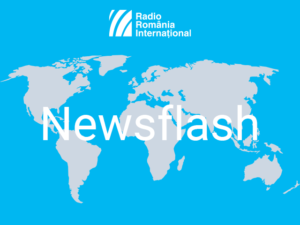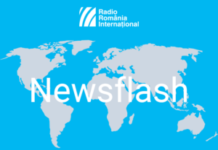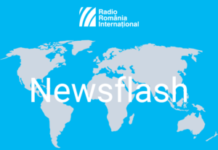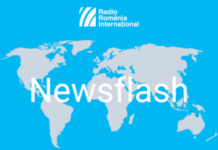This week in Brussels, as part of an unprecedented diplomatic mobilization of Western democracies, three summits were dedicated to Ukraine: by NATO, by the EU, and the strongest seven economies. G7 leaders demanded in a joint declaration for Russia to comply with the ruling of the International Court of Justice and immediately cease military operations in Ukraine. The same declaration demands the withdrawal of Russian troops, while promising that the G7 will ensure that sanctions on Moscow will be strictly enforced. At the NATO summit, the alliance decided on additional support for Ukraine. This is the gravest security crisis in a generation, said the secretary general of the organization, Jens Stoltenberg, whose term has been extended to September 30, 2023. He announced that new combat groups would be created for Romania, Bulgaria, Hungary, and Slovakia, consolidating the other four in Poland and the Baltic Countries. The decision is meant to bolster NATO’s eastern flank, from the Baltic Sea to the Black Sea. The leaders of the alliance will also issue plans to create additional forces and capacity ahead of the summit in June, according to US President Joe Biden. The White House leader came this week to Europe to take part in the aforementioned summits in Brussels, and to visit Poland, a country to which most of the Ukrainian refugees went. At the NATO reunion, Romanian President Klaus Iohannis underlined that strengthening allied presence in Romania and the entire eastern flank is a strategic objective for Bucharest, in response to Russian aggression against European and Euro-Atlantic security.
© Rador 2024











